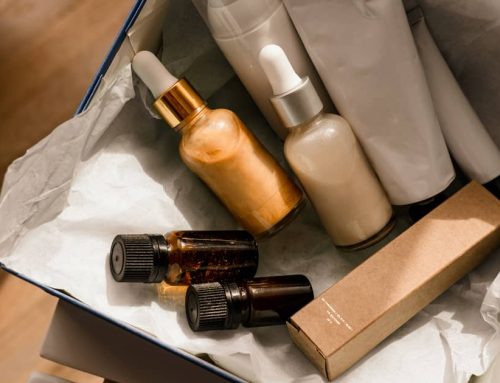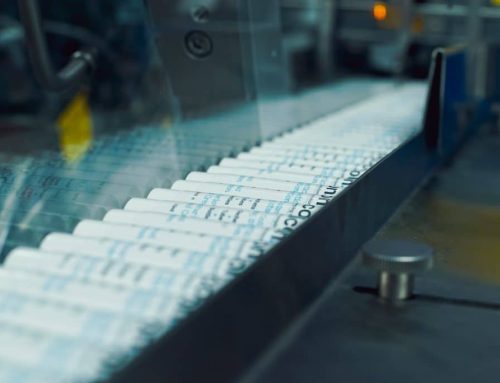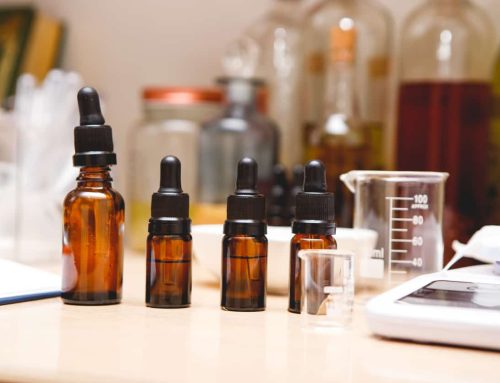The recycling rate for packaging waste in the UK was 63.9% in 2017 (Government report). Materials such as paper, glass, plastic, wood, metal and more are used to package consumer goods in the hopes they will be recycled at end-of-use. As the statistics show, there is still more to be done to increase recycling rates and improve the environmental impact of packaging.
Find out more about recyclable packing, its benefits and how businesses can get involved with this helpful guide.
Recyclable Packaging
As the name suggests, recyclable packaging consists of materials used to package products that can be recycled post-consumer use. Packaging is used across many industries such as cosmetic/beauty, food and beverage, fashion, automotive, household care to name but a few.
Carboard
Cardboard is often used as outer packaging for products, including shipping boxes. Warehouses and businesses process a lot of cardboard, as well as consumers receiving packages. Cardboard is widely recycled and able to be reprocessed into more cardboard-based materials (corrugated cardboard), chipboard, and paper products.
Glass
Most commonly used to package luxury cosmetics and beauty products such as perfumes, as well as food products and oils, glass is a popular recyclable packaging material. Glass can be recycled many times over without losing quality or purity, making it one of the best recyclable packaging materials to use.
Aluminium
Used for food stuffs, cosmetics, households cleaning products, automotive goods and more, aluminium is another popular packaging choice, favoured for its hardwearing properties and product protection. Aluminium is infinitely recyclable making it, environmentally, one of the best recyclable packaging materials to use. Although aluminium was pushed out of favour by the advent of plastic, aluminium is now back in fashion, boasting great popularity for cosmetic/beauty products.
Plastic
Often dismissed as a recyclable packaging type due to previous difficulties in recycling plastic and owing to large amounts of waste pollution, plenty of plastics are actually commonly recyclable. PET and HDPE plastics are the most widely recyclable plastics and often used for packaging. Due to advancements in recycling technologies and wider consumer knowledge of plastic recycling, certain plastic packaging can now be deemed recyclable.
Eco-packaging
Packaging made from recycled and recyclable materials such as bamboo, cork or bioplastic are used for environmentally conscious packaging. Where recyclable packaging is processed to form new materials, biodegradable packaging is left to naturally degrade over time with additional benefits to local ecology. Although not mainstream practice yet, the adoption of eco-packaging is growing.
See more: A Guide to Eco-Packaging
Reusable materials
Along the same vein as recycling, reusing packaging has just as many benefits for the environment, if not more. Alongside trends of ‘zero waste’ and ‘zero plastic’, some shops have adapted to having no packaging, instead allowing consumers to bring their own reusable containers. For businesses that must package products, for example shipping, consider using reusable materials, such as a scarf as gift wrap which can then be worn, or cardboard boxes with instructions printed on to make a new product.
Importance of Recycling Packaging
If packaging can be recycled, it should be. Here’s why:
Negative effects of landfill
When waste packaging is not recycled, it ends up in landfill. Landfill sites are responsible for destruction of local ecology, methane production increasing global warming, and harmful effects on human health. Diverting waste to landfill via recycling is critical to helping human, plant, animal and atmosphere health.
Preserve raw materials
By using recycled materials, less raw materials need to be mined. For some materials this is especially critical as they are made from extremely limited resources. Aluminium and glass are significant in this respect, as they can be recycled infinitely, thus saving raw materials.
Save energy
Similar to the above, when recycled materials are used, raw materials do not have to be mined and processed, saving energy and therefore money. Usually, reprocessing recycled materials takes far less energy.
Industry trends
Consumers are aware of their impact on the environment and favour recycling where possible. Additionally, across all industries, businesses are trying to promote positive impacts on the environment, which recyclable packaging may be part of. Businesses that fail to adopt modern, eco-friendly solutions will likely receive backlash and fall out of favour with consumers.
Ease
Efforts by businesses to be more environmentally friendly by having recyclable packaging are only as effective as consumer efforts to recycle the packaging once finished. Fortunately, kerbside collection of mixed recycling makes recycling simple for consumers and takes minimal effort, helping to ensure recyclable packaging ends up in recycling bins instead of general waste to landfill. Additionally, instructions on product labels give consumers clear advice on what can and can’t be recycled.
Learn More With Fillcon
If you are looking to make the switch to eco-friendly packaging, or need expert product filling help, get in touch with Fillcon. As the name in cosmetic sampling solutions, we pride ourselves on our range of filling services, from sample sachets to bottles, tubes and more! Whether you are a cosmetic brand looking to wow customers with samples or a company from any industry looking for filling services in sterile environments, we can help.











